RiL3z.github.io
Mentors
In the quest of life we have many choices to make. One of the most important choices we all should make is the choice about who we should choose to make into our mentors. Who should we pay attention to, aspire to be like, model our behavior after, and look towards to put pressure on us to be better? Of course, each individual is unique and should decide for himself through reflection on their desires how they should behave, but answering these questions is vitally important in the process of becoming the hero of your own story. Here's a bit about a few of my own mentors.
The Lineup
Joe Rogan
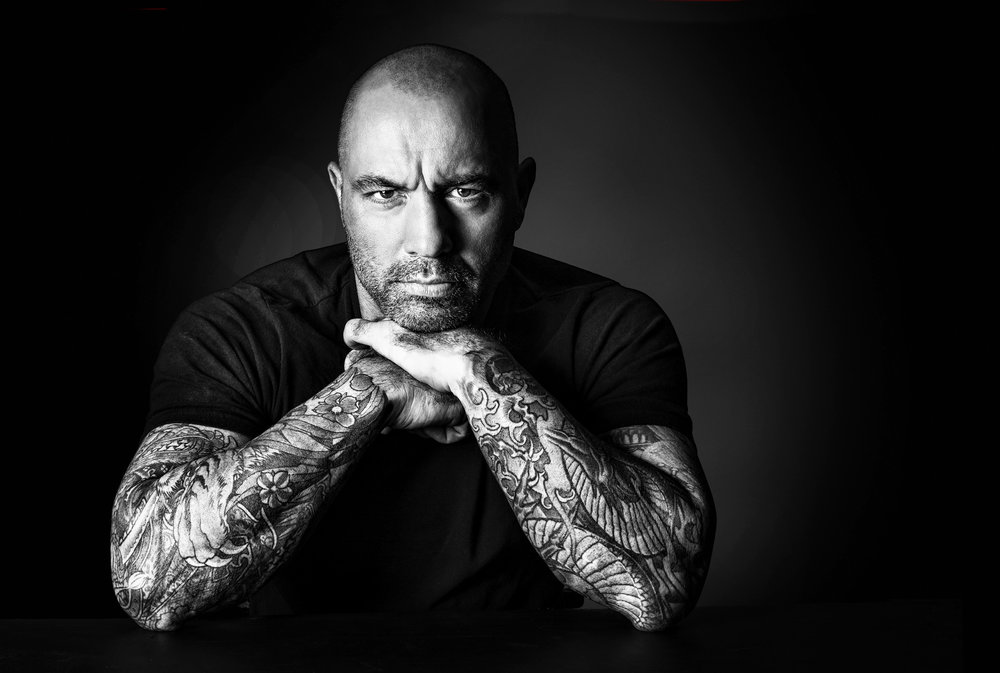
Joe Rogan is the mastermind of one of the most popular podcasts on the planet and it's popular for damn good reasons. If I ever want to get inside of some of the best minds on the planet, I tune in to the Joe Rogan Experience. While it's true, in some sense, that Joe rides on the coattails of some of the most interesting people ever, he wouldn't attract such exemplary personalities to interview if he didn't possess a bit of the 'magic stuff' himself. Joe is such a skillful interviewer that he can really pull lessons out of any guest for the viewer to take away to use in their own life. This makes him an incredibly valuable mentor. He has mastered the art of the conversational interview. There's too many things that he does well for me to summarize them succinctly here and there's also so much to learn from how he conducts interviews but here's a short list of good things that Joe does:
- Asking good questions that are relevant to the guest.
- True, genuine interest in how the guest has come to be well known. True interest in the guest's story.
- Relating to the guest in honest ways and making them comfortable enough for him to be able to poke and prod them.
- At the same time that Joe is good about making guests feel comfortable, he is also seeking out honest answers. Just watch how his demeanor changes when he has a suspicion that his guest is lying about something. He starts asking questions that further expose inconsistency in the guest's answers and playing the devil's advocate. It's fucking fascinating to watch.
Every podcast is like a book that you could study for hours. If you don't believe me, try looking and listening a little harder. Joe epitomizes what it means to have the "beginners mind," as Shunryu Suzuki would have put it. He also solidifies what it means to live a life where you, "take what is useful and discard what is useless," as Bruce Lee might have said of Joe, were he still alive.
I cannot emphasize enough how many lessons I've taken away from Joe's podcasts and incorporated into my own life. One way to think about how influential a mentor is, is to imagine what your life might be like without them around. I truly believe that without Joe Rogan and the incredible effort that he's exercised in the pursuit of seeking out knowledge from others, me and many of his fans would be worse people. Thank you Joe for being such a good role model for young men from all different backgrounds and showing that it is possible to be an amazing teacher and student at the same time. And to those of you who think I'm just stroking his dick all day, you'd be damn right that I am. What exactly is wrong with expressing gratitude towards someone who's had such an impact?
Jocko Willink
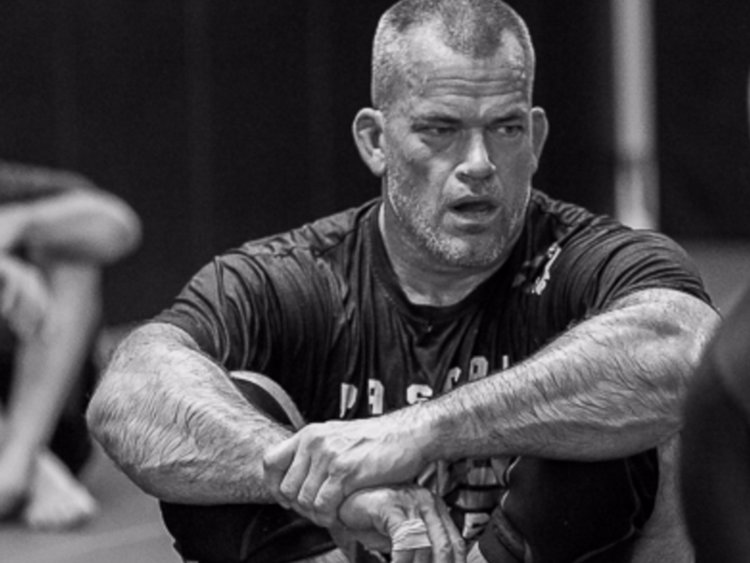
Jocko has a number of great books that center around the ideas of discipline and leadership. What lends him credibility in my mind is the fact that he learned all this stuff from his experiences as a COMMANDER OF NAVY FUCKING SEALS. I suggest you read them all. The ones I'm familiar with are:
- Discipline Equals Freedom: A Field Manual
- Extreme Ownership: How U.S. Navy Seals Lead and Win
- The Dichotomy of Leadership: Balancing the Challenges of Extreme Ownership to Lead and Win
Jocko is a no nonsense go-getter. He's the type of guy who would tell you that if you wanted to be tougher, that you should just stop complaining. That if you wanted to be more skilled, that you should go practice that skill. That if you wanted to be a better leader in your life, that it's your responsibility to seek out knowledge about leadership and put it into practice. I think of him like an awesome uncle who makes you WANT to get after it when he shows up and drops his one and only military bag on the floor of your house as he greets you with a big bear hug.
And there's always Jocko's instagram to follow. It acts as a constant reminder that he's getting after it at 4:30am every goddamned day.
David Goggins
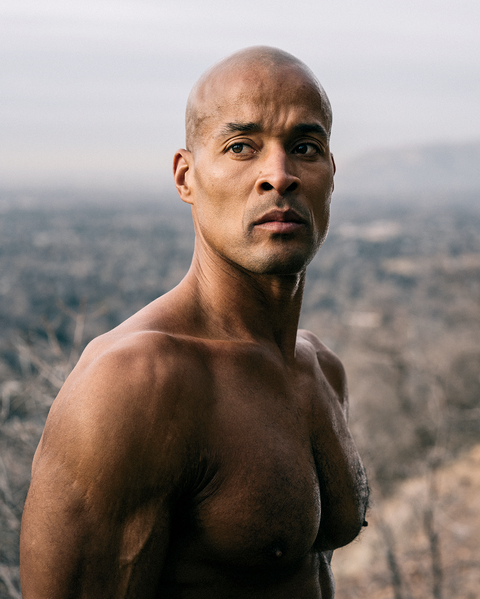
David Goggins is one of those guys who you watch in an interview and after you're done, you're left thinking to yourself, "Man... Holy shit... What am I leaving on the table?" If you want to be friends with one of the hardest motherfuckers alive then you better be prepared to hammer through the ice of a frozen lake by swinging a rock and then take a swim in that cold water. For what purpose? From Goggin's point of view, just because it's a good opportunity to harden up that soft-ass mind of yours. Reading his book will make you realize, in a very real way, that as broken as you may think you are, the possibilities for you are still limitless.
David Hackworth
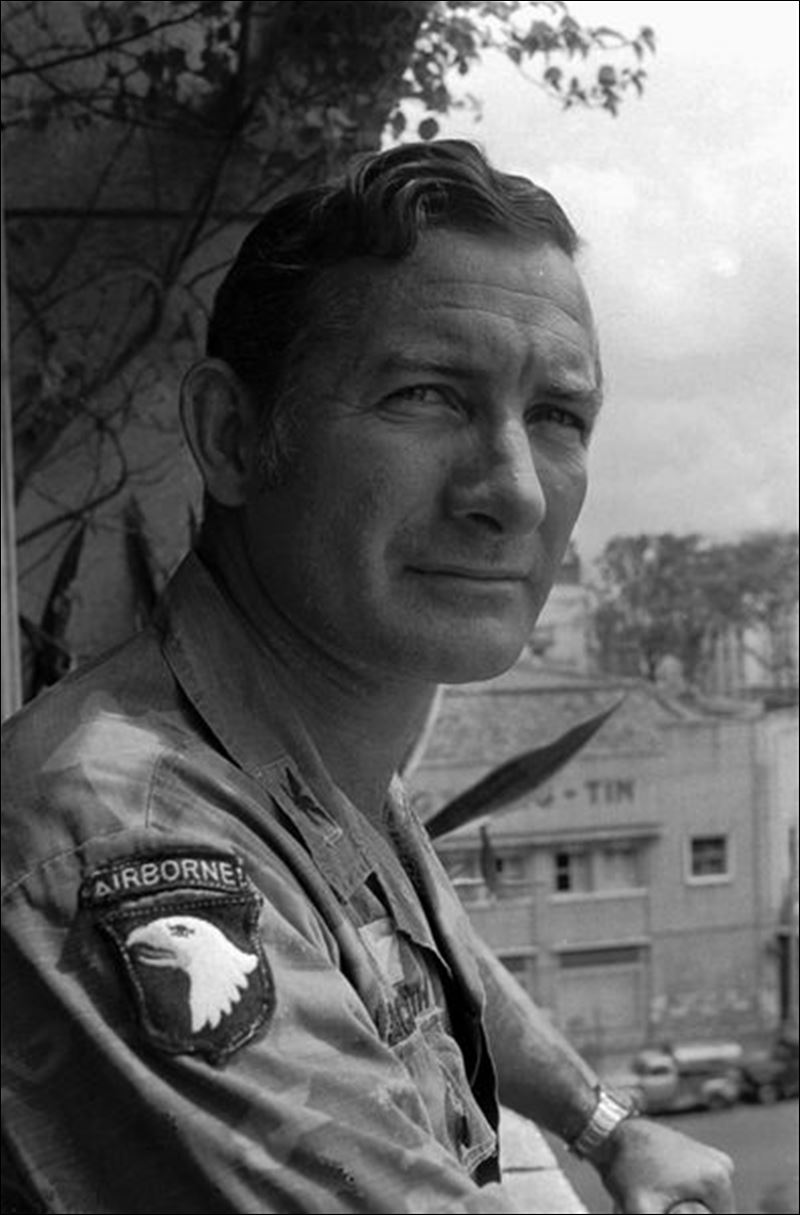
Right now I'm on page 416 of David Hackworth's odyssey, About Face. I could try to give you a sense of his character through my own words but I think he's the one best suited to give you the skinny on that. He had this to say when it came to Vietnam:
I wanted to go. Whether or not the conflict would grow into a full-blown war I didn't know or care; for me it was just a great opportunity to sharpen my skills. I talked Tim Grattan and Jack Peppers into volunteering with me, and soon they received orders to Vietnam, with language and adviser school at Fort Bragg en route. I, on the other hand, was rejected. "Too much combat experience," the guys at Personnel said. This knocked me on my ass. How could a potential adviser to a disintegrating army have too much combat experience? Even if I'd given the matter a lot of thought, which I hadn't, it never would have occurred to me that the Army wasn't sending its more combat-savvy personnel to get ARVN (pronounced "arvin") on the road to victory.
As you can see, Hack was a warrior in truest respect because he jumped at any opportunity to improve his abilities as a combat leader, even if this meant training and fighting alongside foreigners that he couldn't clearly communicate with, in a very uncertain war. The army also tried to fuck him in the ass a lot, but he always found a way to persevere nonetheless.
"Hack" as he came to be called, is that grandpa who's seen some shit and done some shit. Not all of it was good. Not all of it was bad. He's a guy you'd go to for counsel when life is punching you in the nut-sack and he'd tell you a war story that'd pick your spirits right back up again.
Shunryu Suzuki
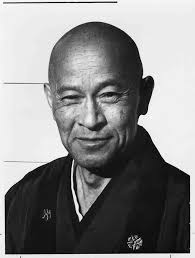
Shunryu Suzuki is a Zen master who, in conjunction with a westerner, wrote a book called Zen Mind, Beginners Mind. I obtained this book from my Dad, who, unlike the other mentors in this list, I actually have a personal relationship with. My Dad is an incredible mentor in his own right and that is evidenced by his wisdom in gifting me this book. Here's a flavoring of how Mr. Suzuki thought:
When we sit we feel very calm and serene, but actually we do not know what kind of activity is going on inside our being. There is complete harmony in the activity of our physical system, so we feel calmness in it. Even if we do not feel it, the quality is there. So for us there is no need to be bothered by calmness or activity, stillness or movement. When you do something, if you fix your mind on the activity with some confidence, the quality of your state of mind is the activity itself.
Next to this snippet I've scribbled my own note in the margins:
Serene sitting and immense activity (like wood-chopping) need not be distinguished.
Sorry Dad, I'll scribble everywhere in any book I can get my hands on :P.
But isn't that incredible? Isn't it incredible that I can learn from a long dead man I've never met, that I shouldn't worry about determining if going outside and splitting some wood with some confidence and focus is just as meditative as sitting with a straight spine and counting my breath for 30 minutes?
Jordan Peterson

Jordan Peterson. Man oh man. I just call him JP a lot of the time. Why? Because he's sort of an intellectual gangster. A badass of the intellect, if you will. I'm on page 197 of JP's 12 Rules For Life. I'm on rule 7, which is titled: PURSUE WHAT IS MEANINGFUL (NOT WHAT IS EXPEDIENT). Here's a snippet from that rule that may give you a sense of the man's character:
Aleksandr Solzenitsyn wrote, definitively and profoundly, about the horrors of the twentieth century, the tens of millions who were stripped of employment, family, identity and life. In his Gulag Archipelago, in the second part of the second volume, he discussed the Nuremburg trials, which he considered the most significant event of the twentieth century. The conclusion of those trials? There are some actions that are so intrinsically terrible that they run counter to the proper nature of human Being. This is true essentially, cross-culturally--across time and place. These are evil actions. No excuses are available for engaging in them. To dehumanize a fellow being, to reduce him or her to the status of a parasite, to torture and to slaughter with no consideration of individual innocence or guilt, to make an art form of pain--that is wrong.
What can I not doubt? The reality of suffering. It brooks no arguments. Nihilists cannot undermine it with skepticism. Totalitarians cannot banish it. Cynics cannot escape from its reality. Suffering is real, and the artful inflection of suffering on another, for its own sake, is wrong. That became the cornerstone of my belief. Searching through the lowest reaches of human thought and action, understanding my own capacity to act like a Nazi prison guard or a gulag archipelago trustee or a torturer of children in a dungeon, I grasped what it meant to "take the sins of the world onto oneself."
JP is the stern dad that says, "Keep an eye on yourself. Don't think for a second that you aren't capable of evil given the right circumstances. Acknowledge your dark side and accept your piece of responsibility for the moral state of the world. Now clean your room, bucko."
Kobe Byrant
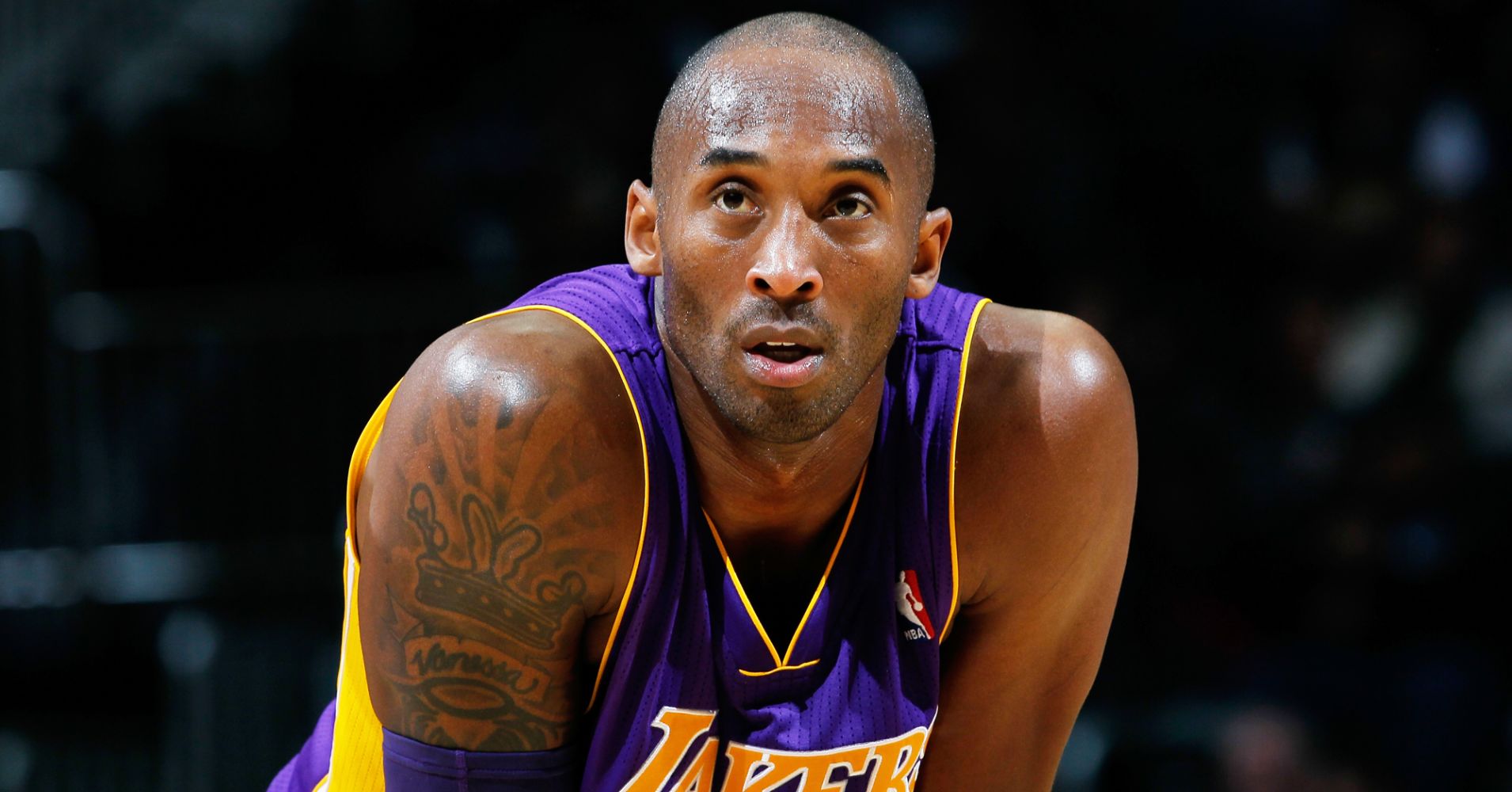
You know, the idea is a very simple one. The Mamba mentality simply means trying to be the best version of yourself. That's what the mentality means. It means, every day, you're trying to become better. And it's a constant quest, it's an infinite quest.
To have success in any field that you're in, you have to have an ego that says, "I wanna be the best."
That feeling of playing with that RAGE was new to me... But I FUCKING LOVED IT. It was just "fuck everyone." I'm destroying everyone who stepped on that court.
I want more--haha--I want more. Where can I learn more?
Those are just a few Kobe quotes. At times, he seems like a beast purebred for competition. At the same time, however, he seems like the kind of guy who'd purposely let you blow by him in practice to score a layup, if you were on his team, and you needed a bit of a confidence boost. He was one of the greatest at the game of basketball but what's really fascinating about Kobe is how purposely and sharply he's chiseled away at his own mind, sculpting it to become accustomed to training, preparation, practice, reflection, and development.
George St. Pierre
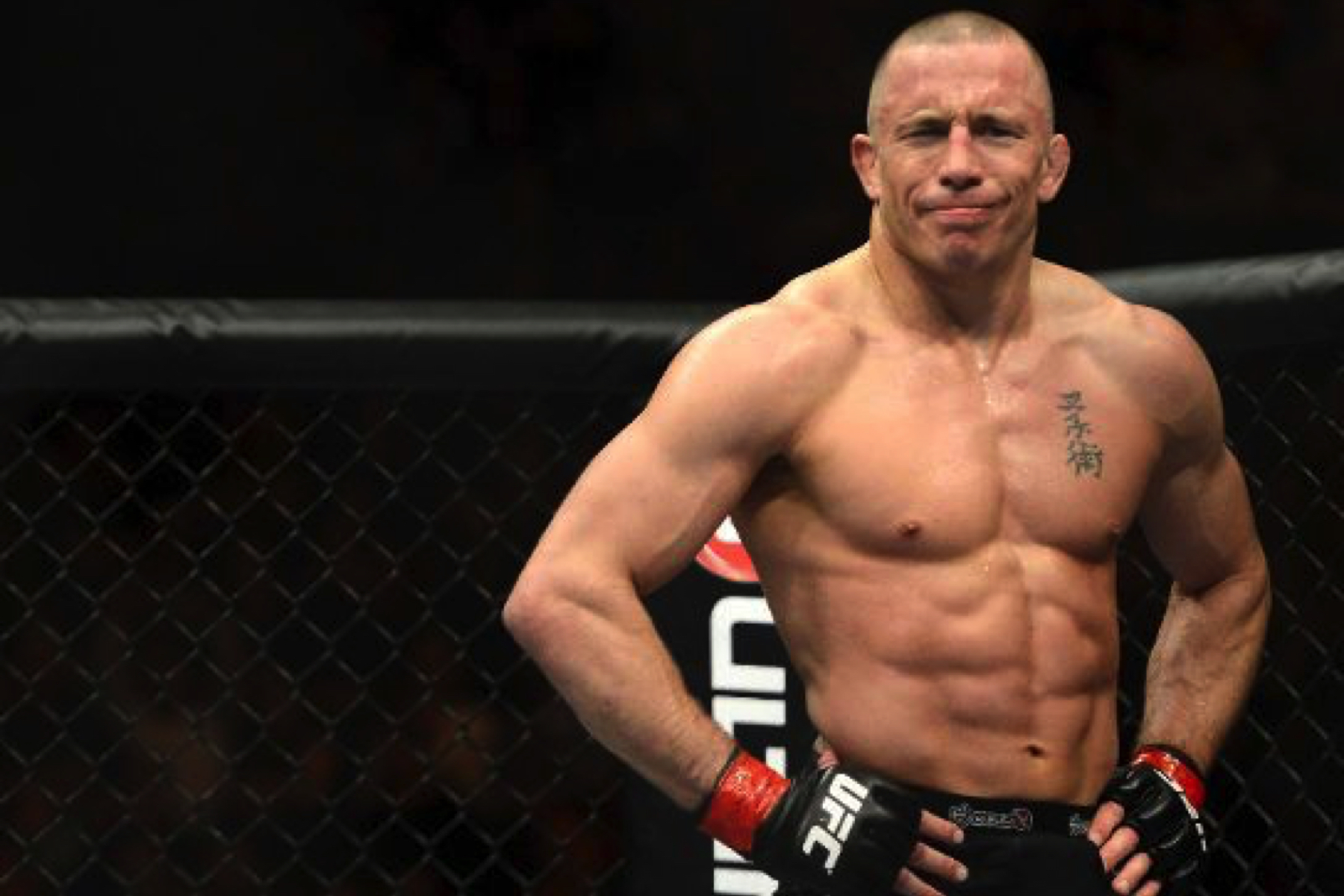
Goofy. Loose. Free. A little awkward and not always the most sure footed, but so charming that he still slays pussy on the daily. These are the things that come to my mind when I think of George St. Pierre. Watch this Joe Rogan interview if you're at all interested in knowing what one of the best MMA fighters of all time is like in person when he's comfortable talking to someone he respects. It's so funny watching George get help from Joe when he struggles expressing himself in English but George doesn't seem to be resentful at all about it. I couldn't help but crack a wide smile when George was complimenting Joe on his kicking power and was wanting to train and learn from him. He's a combination of a confident master and an egoless apprentice of martial arts.
George taught me about the three layers of competency in fighting:
- The first layer is physical, foundational. Can you run and fight for long periods without getting exhausted?
- The technical layer; Can you execute an arm-bar, a one-two combo? Do you know what to do when a guy shoots for the legs?
- The tactical layer is at the top of the pyramid and it's what most guys lack; Are you realistic about what your strengths and weaknesses are? Do you actually know what your strengths and weaknesses are? Do you know yourself as well as your opponent? Do you know your opponent as well as yourself? What's the strategy for the fight? How do you adapt when the opponent changes their strategy in the next round?
When you stop to think about it, you can conceptualize life in the same way. How competent are you in the three layers?
Bruce Lee
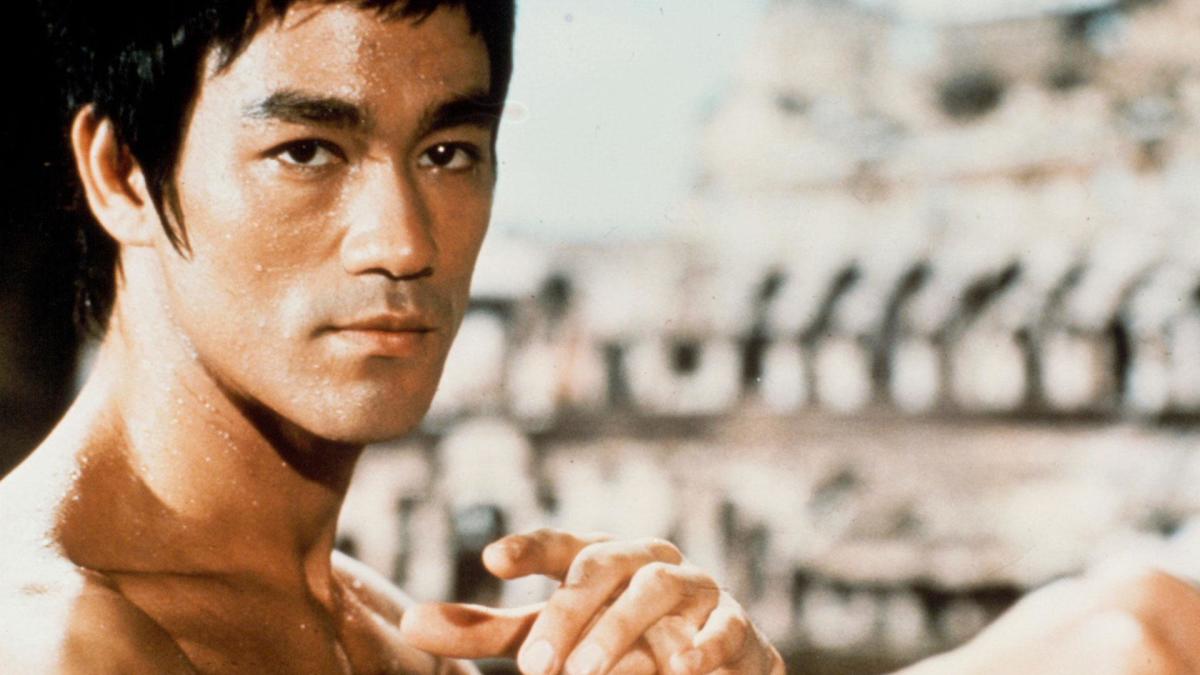
The man, the myth, the legend himself. Watch this interview of him if you want to get a small taste of just how deep Bruce's philosophy goes. He's so charismatic and confident it's hard not to be totally sucked in by him. If you feel a little intoxicated when you drink his ideas in, don't feel bad. Immerse yourself in the cultivated aura of a man with "no way as the way". Bruce is so captivating to me because I realize that behind all the acting and martial arts is a deeply fleshed out idea that consists of Bruce expressing himself in the most honest way possible.
Cameron Hanes
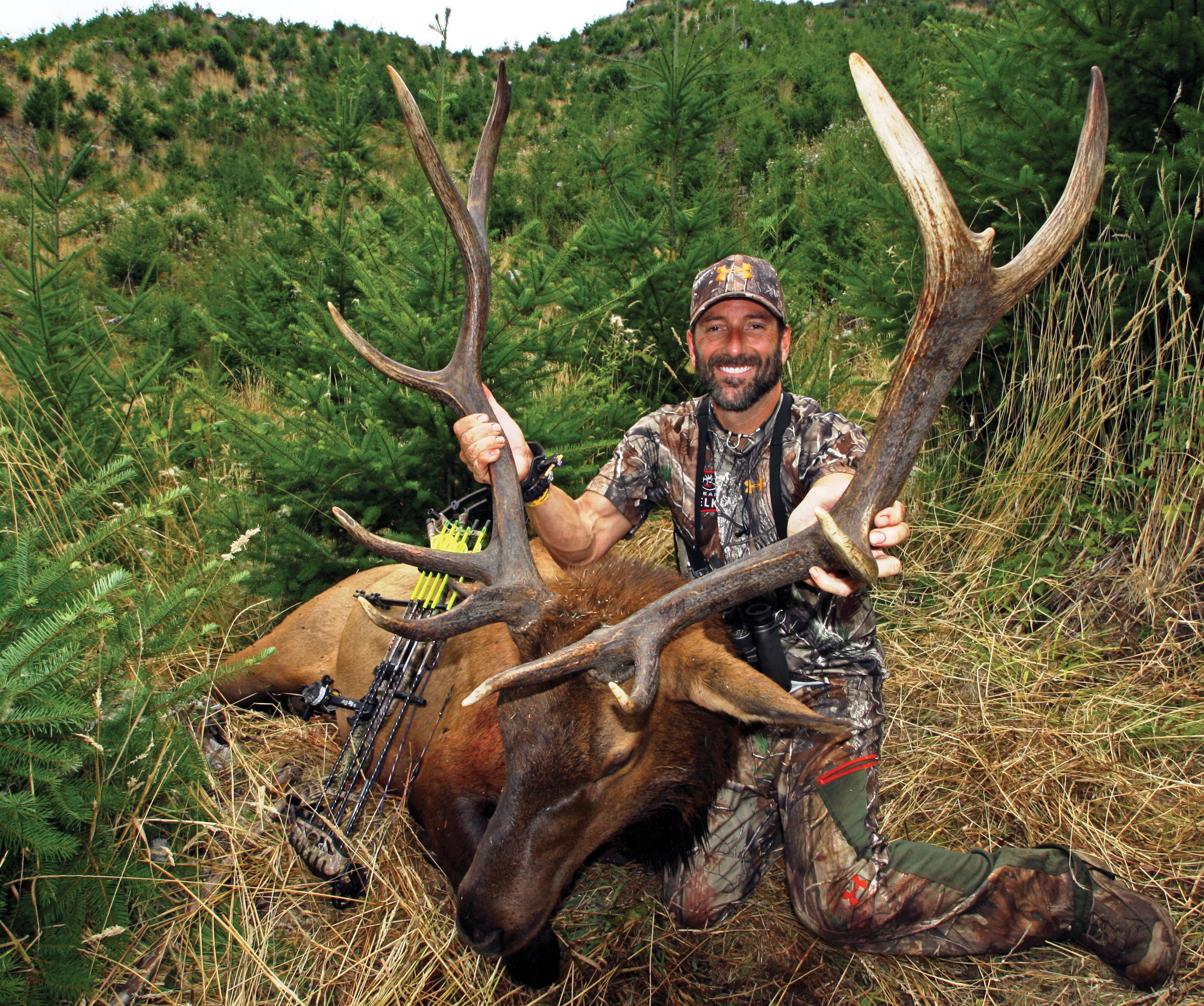
Cameron Hanes runs like a maniac so he can chase down prey and kill it for food with a bow. He's the example of someone who's managed to build an excellent life out of his passion for hunting. Cameron Hanes shows us what's possible when we make our passions our priorities in our lives.
To Conlude
Finally, my piece of advice for anyone looking to improve themselves by seeking out mentors is this: First, humble yourself. Realize that you have a lot to learn and the sources from which you can learn are nearly endless. Study the landscape of people who you admire. Decide that it's O.K. for you to admire someone you haven't met personally. Take a survey of who's out there. Then, once you have a set of people you look up to, STUDY them. Study, study, study. Find interviews of them in uncomfortable situations. How do they react to conflict? Buy their books and discover the story that not many others have discovered about them. Ask yourself what their habits are and what principles guide those habits. Become that annoying student who asks too many questions in class.